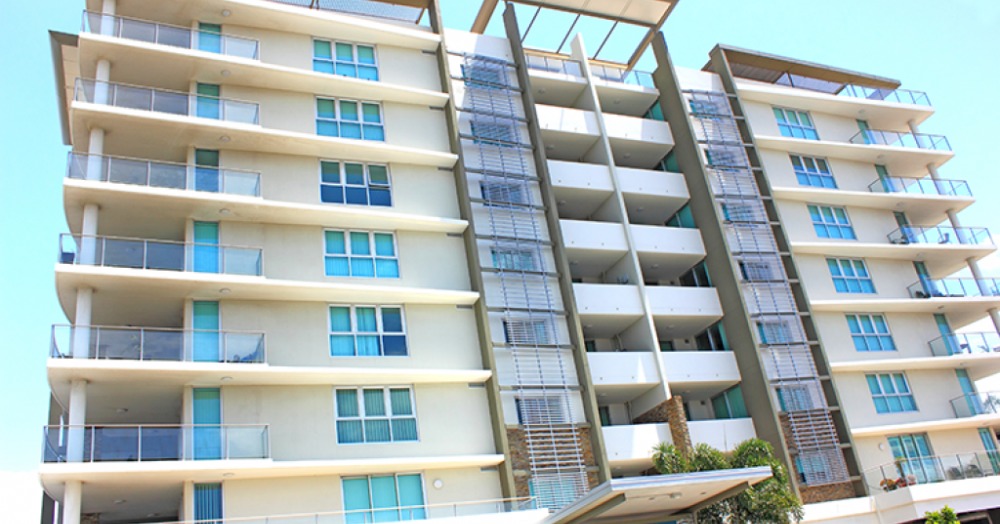Are you looking to buy a flat, either for your own use as a home or as a buy-to-let investment?
Flats including apartments and maisonettes are generally
sold on a leasehold basis, and the length of the remaining lease has a big impact on the property value. The price of a short lease property, therefore, may be appealing. However, before you go ahead with the purchase of a short lease flat, it is highly recommended that you do your homework to fully understand the legal and financial implications you are taking on.
Here is our guide to buying a flat on a short lease:
What constitutes a short lease?
Residential leasehold properties usually have an initial lease term of 99 years or more. 125 years and even 999 years are also relatively common. However, properties with less than 70-80 years left to run are generally regarded as having a short lease. Of course, this doesn’t prevent these types of flats from being sold. In fact, properties with leases of as little as five years or less remaining still happily change hands.
That being said, a leasehold property is, by definition, a depreciating asset. This means that ownership of the property will revert to the freeholder
once the lease term has expired unless the lease is extended in time.
How to extend a short lease
To qualify for a statutory lease extension, the original lease term must have been at least 21 years, and the leaseholder must have owned the property for at least two years. Of course, this is of little use to a prospective buyer, but all is not lost. If the seller fulfils the eligibility criteria, you can request that they initiate a statutory lease extension as a condition of purchase. This benefit can then be assigned to you on completion of the sale.
Outside of the statutory framework, there is nothing to stop the leaseholder from approaching the freeholder with an informal request for a lease extension. In this scenario, there is no need to wait two years and any private agreement reached between leaseholder and freeholder will be perfectly valid in law, albeit without statutory protection.
Should you let the lease run down?
A lease extension is not always the right course of action. In fact, there are certain circumstances where it might make sense to let the lease run down.
Short lease flats may be an attractive option for retirees and homebuyers who have nobody to leave their estate to after death, meaning they don’t need to worry about protecting the value of their property asset.
Short lease properties can also make very
attractive buy-to-let investments. The profit made from renting out the flat for the remainder of the lease term can amount to a multiple of the initial purchase price. Once the lease is up, the property reverts back to the freeholder.
That said, short lease flats are often in a poor state of repair and may require extensive (and expensive) refurbishments before they become a viable rental property, while service charges and ground rent may be considerable. Make sure you know exactly what you are buying.
Can you get a mortgage for a short lease flat?
Unfortunately, it is rather difficult to obtain a mortgage for a flat with a short lease. Lenders typically refer to the years remaining on the lease as the ‘minimum expired lease term’ and the shortest term acceptable will vary between mortgage companies. The majority of lenders consider a short lease to be one that has fewer than 75-85 years remaining. “You may be able to find a provider willing to lend on a 65-year lease, but this is very rare,”
advises one mortgage comparison website.
Speak to an experienced mortgage broker to investigate all possibilities including specialist lenders and shorter mortgage terms and be prepared to pay much higher mortgage interest rates to cover the lender’s additional risk.
What are your options?
Given the difficulties of securing a mortgage, short lease flats tend to be sold at
auction rather than through the traditional estate agent route. Auction buys can be financially attractive and if you are able to pay cash for the flat, it could make the property a good investment.
However, don’t forget to factor in the cost of having to extend the lease yourself, which can be substantial. The shorter the remaining term, the higher the cost of a lease extension. If you include lawyers’ and surveyors’ fees, the cost can run into £10,000s for a property with 60-70 years left, rising steeply for shorter leases. Here’s a
handy calculator to help you do the initial sums.
Your best option would be to ask the seller to initiate statutory lease extension proceedings before the completion of sale and come to an agreement regarding cost-sharing.

